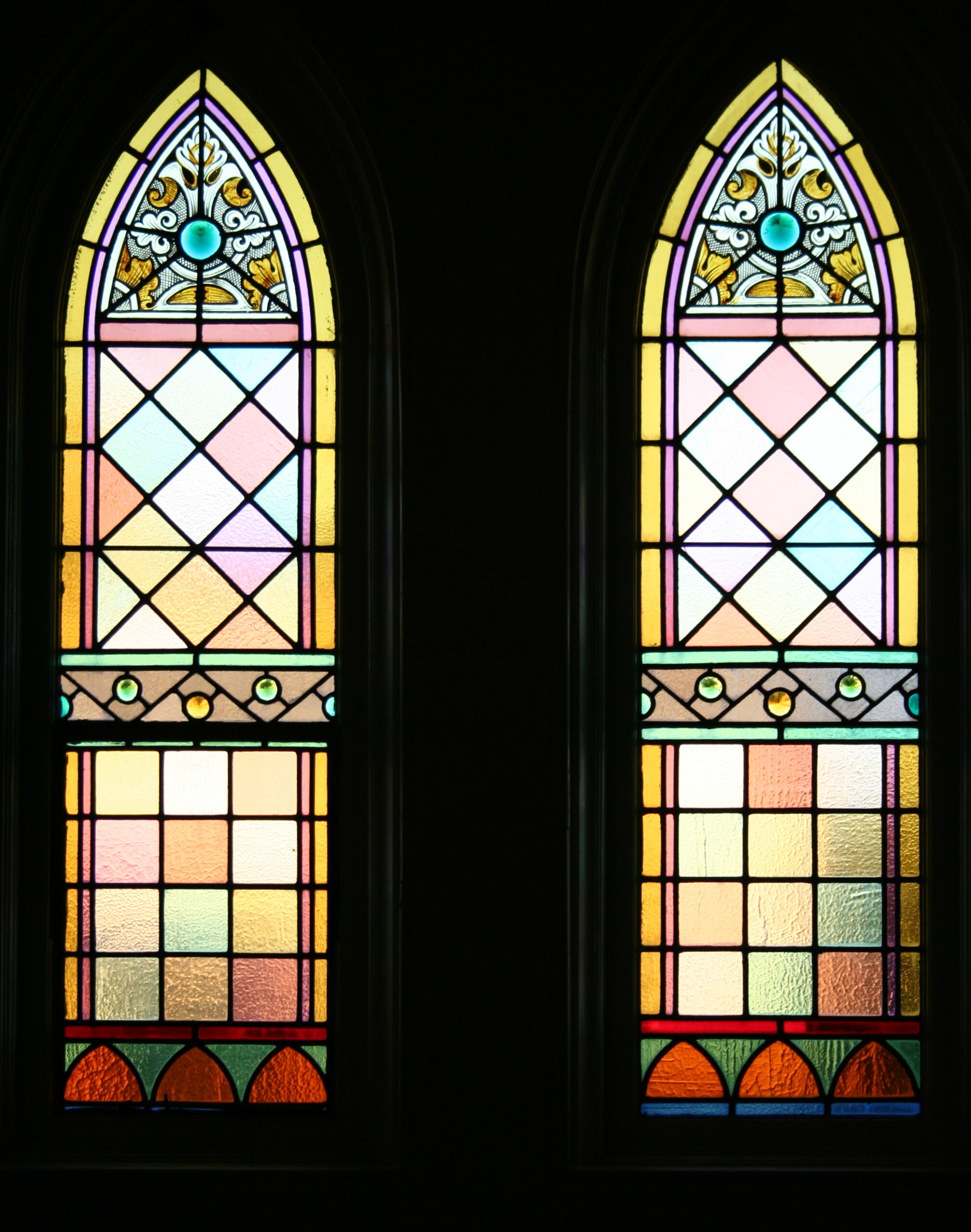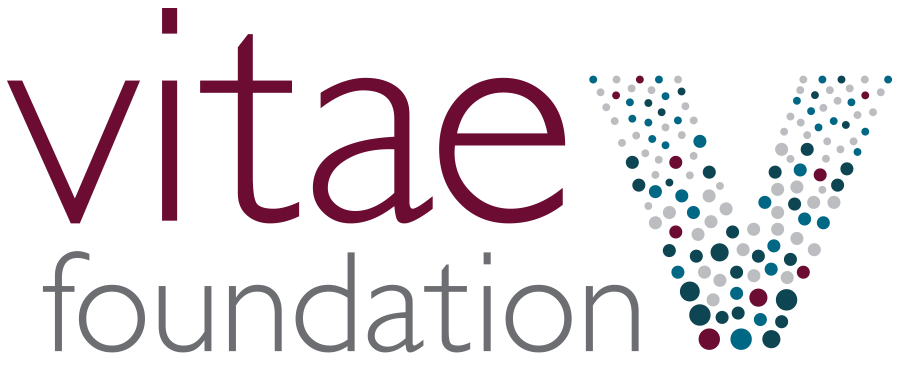
“Time heals all wounds.”
For a while, I made this phrase a part of my vocabulary, and then I realized it wasn’t true. Not one bit.
When I lost a good friend of mine, Tyler, years ago unexpectedly, I really took a lot of time to “process” what happened. I thought about it for years, trying to work it all out in my mind. But no matter how long I wrestled with it, I just never found closure.
It wasn’t until months after the funeral that I reached out to a friend to try and make some progress in dealing with it. As it turns out, they hadn’t been able to process their emotions alone either and had even attempted suicide. Talking together definitely helped, but again, we were still in search of greater healing.
We decided to call together several of Tyler’s other friends to reminisce; looking at pictures of us all together, old high school papers he wrote and swapping stories of our favorite memories we had of him. It was in that time together that we all found closure. We didn’t heal quietly alone; we healed in community…together.
Women and men who have encountered abortion need healing, too. Our research shows that many of them keep their trauma and pain a secret for years or even decades. Like my friend, many turn to suicide or are struggling daily to find peace. Even when they suffer in silence, many expect to confront those emotions of all places…at church.
Church sermons, as we can expect, are often about cultural challenges and their corresponding human reactions. It’s often a sobering reminder that humanity faces the same struggles with greed, lust, envy and pride that we always have. I’m sure each of us has been in church during a sermon that feels directed exactly at us, about our own sin, which makes us want to slip out the side door. How would it feel if you were convicted about something, but the pastor never acknowledged it?
The sad truth is, this quiet crisis happens in the majority of churches. Women and men who have had abortion experiences attend church week after week waiting to hear about redemption, healing and forgiveness, but instead…they hear nothing.
More than 4 in 10 women who have had an abortion were churchgoers when they ended
a pregnancy. ¹
Pastors have an incredible opportunity to reach women and men before they’re faced with an abortion decision. By starting the conversation around abortion and keeping communication open about the issue, the church will feel more approachable for men and women should they need future support and guidance. This compassionate communication also creates a safe space for those who have been struggling with the grief and regret of a past abortion.
Hear my heart in this: I know pastors aren’t ignoring abortion; they’re just struggling with one or more of these concerns.
The most common reasons pastors cite for not speaking on abortion are:
• not to divide the congregation
• to not get involved in what they perceive as a “political” issue
• for fear of seeming judgmental or
• to not inflict further pain on those who have had abortions.
59 percent of women believe churches are unprepared to help with decisions about unwanted pregnancies. ¹
The truth is, when the church doesn’t talk about the issue of abortion, they have abandoned their congregation, leaving the narrative to be written by the world. Could it be possible that the church’s silence on the issue for so many years has allowed the culture of death to thrive?
The silence of the church can communicate that abortion is an unmentionable sin. But women and men need us now, more than ever, to talk about it, to talk about redemption and healing and to proclaim and protect God’s greatest gift to humankind—life.
We know pastors aren’t hiding from the issue; they just don’t know what to say or how to say it. For this reason, Vitae Foundation has developed a guidebook to help equip pastors to preach about abortion with compassion, love and confidence. When the message is delivered in this way, hearts are softened, ears are opened and minds are changed. The church no longer has to hold a quiet position on the issue. They can now bring about the healing and closure so many men and women are desperately searching for.
Time may be helpful in the healing process, but, just like I experienced, for true healing to take place, we need the compassion, guidance and love of others to make it to the other side of this crisis. We are much stronger together in community than we are alone.
1 Abortion and the Church Research. (n.d.). https://resources.care-net.org/abortion-and-the-church-research/
